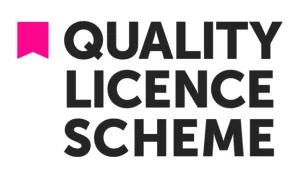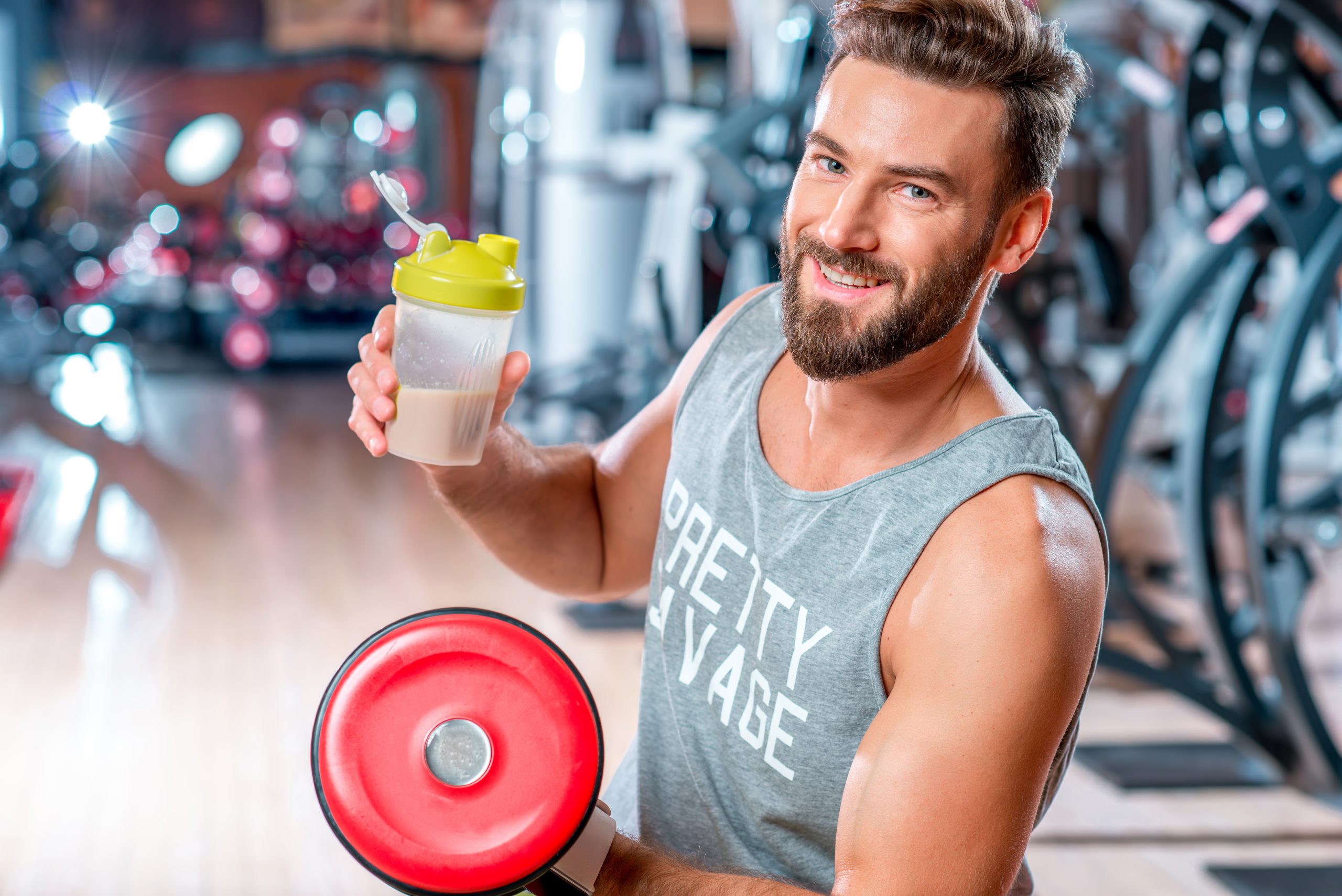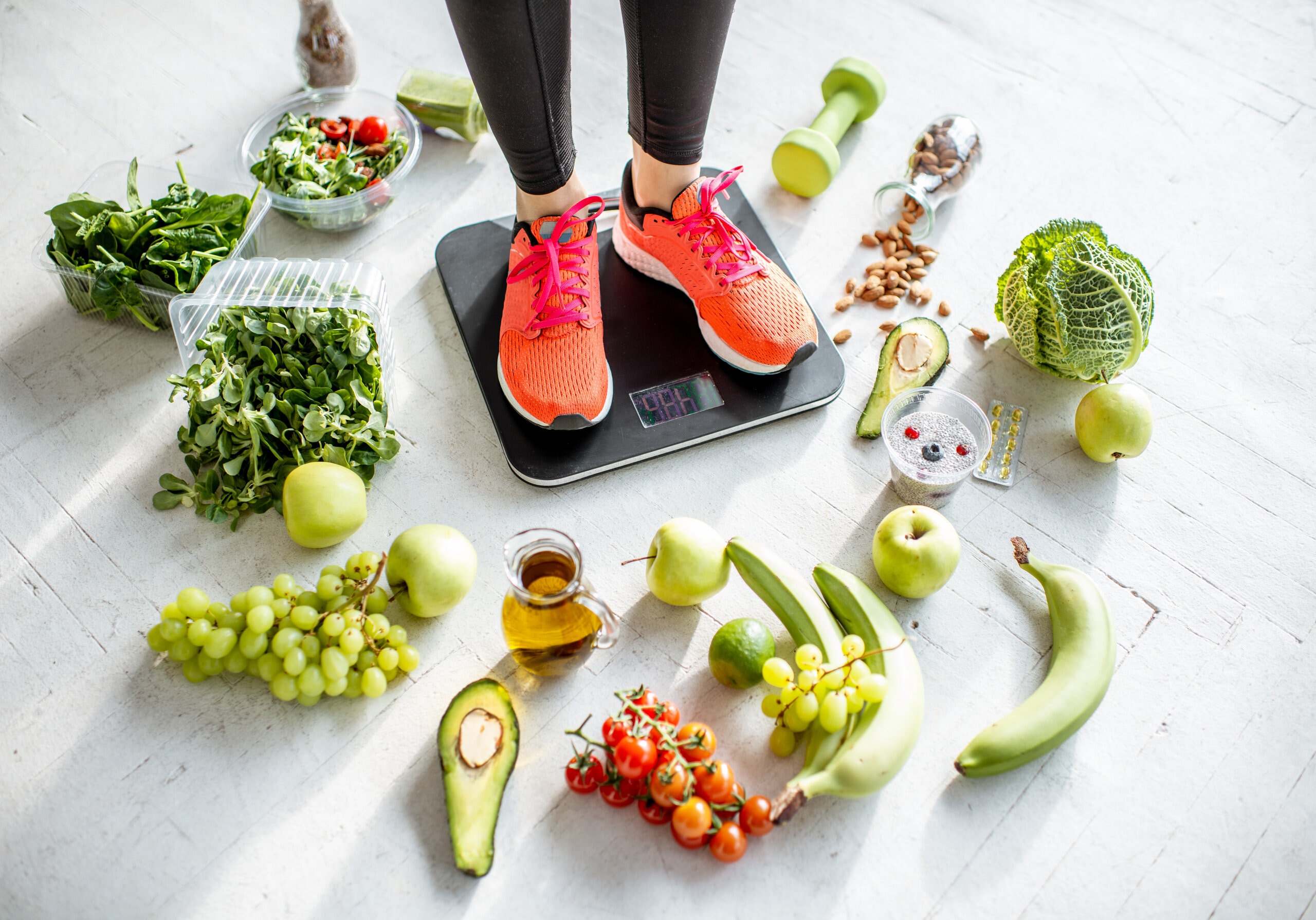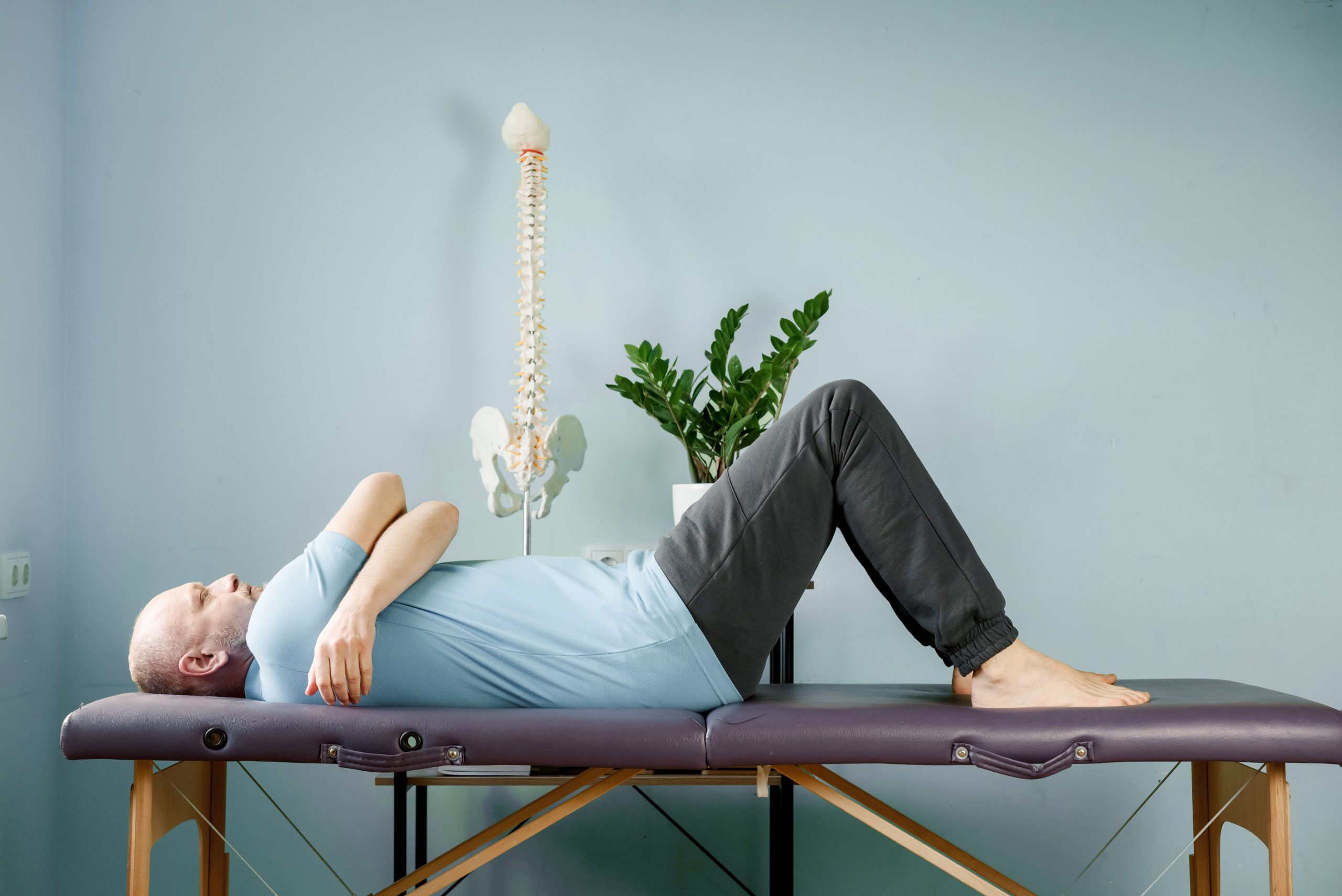Welcome to Open Learning College – Change your career, Increase your salary, and Improve your life.
 Course Overview
Course Overview 
Embark on a transformative learning journey with the UK’s most innovative home study provider, offering courses designed to unlock your true potential and facilitate the career change you desire. Access our distance learning courses directly from anywhere, anytime, and acquire industry-recognised Professional Qualifications essential for advancing in your career.
Specifically, explore the flexible and convenient Sports Nutrition (Level 3) course, an ideal way to gain a diploma qualification. Whether you aim for further education, improved job prospects, or expanded knowledge, this comprehensive course allows you to prepare thoroughly for exams or careers through home study. Plus, it’s structured to be accessible and beneficial even if you have no prior knowledge in Sports Nutrition.
Our body needs energy simply to carry out the most basic, but vital functions such as breathing, pumping the heart and internal organs to work. As our muscles work more e.g. in order to walk, talk and move, more energy is needed. This energy comes from food and is processed within our body and released or stored for future use.
People who do sports, not only need to eat a healthy and balanced diet to account for any extra energy needed, but also to replenish vital nutrients lost in e.g. sweating. An understanding of the principles of good nutrition and how it relates to sport is important for those who exercise and keep fit, want to stay healthy, are interested in training others in sporting activities, from marathons to tennis tournaments, or are training to reach peak levels in their chosen activity.
The course will cover a broad variety of topic areas including types of performance enhancers and meal planning to coach young athletes. Learning is enhanced in this course by encouraging learners to test their new knowledge to practise on activities that can then be used for clients.
 Course Key Topics
Course Key Topics
the Sports Nutrition (Level 3) course is divided into 10 modules.
Module 1: Dietary Nutrients
The basics of good nutrition involves understanding of what healthy food is, in order to introduce good nutrition into our daily lives and learn about concepts such as “Energy Balance”, “Body Mass Index” and “The Harris Benedict Equation”. Of course it is fine to eat treats such as desserts as long as there is awareness of control, balance and limit between what is eaten and exercise. The important dietary nutrients of carbohydrate, protein and fats and oils are explained in more detail, so that the function of these nutrients in our body is understood and how this relates to our sporting performance. Glycaemic Index or blood sugar level or how food affects the glucose/ sugar level within our body. As fat is the nutrient needed least by our body, ways of achieving a healthy intake of fat, as well variety in our diet is explored.
Module 2: Performance Enhancers
Is good nutrition enough for us to perform at our best? Should enhancers to boost performance by taking supplements be considered? Products which claim to give us the edge over our competitors worth the money? These are some of the key questions we look at throughout this module. Reference nutrient index, RNI, often found on food packets is a guide rather than a definite measurement. Too much vitamins is lost as waste or can actually cause harm, e.g. vitamin A can cause abnormalities in the foetus in a pregnant woman. The role of vitamins and minerals, for the purpose of enhancing health and performance is explored. The benefit of antioxidants in our diets is discussed. There is a vast market of products including, sports foods, gels, bars, meal replacement products, all claiming to enhance our sporting performance. Do they do as they say? There are also supplements, which are illegal in the sporting arena. We look at what these are, what they claim to do and whether these claims are justified.
Module 3: Fluid Management
The first sign of dehydration is a sense of being unwell and severe headache. Ensuring we consume enough fluid is vital to our health and performance as athletes. All the issues surrounding fluid intake, from how much we need to drink to remain well hydrated, to the problems associated with dehydration and heat stress are discussed. Apart from water, numerous varieties of sports drinks are available. The difference between hypotonic, isotonic and hypertonic drinks, their role and whether they are more beneficial to athletes than drinking plain water is investigated. Further sources of fluid also include other non-alcoholic drinks like diet, carbonated and Caffeinated, and the value of these are considered. Alcohol can play a key role in the life of an athlete, particularly those involved in team sports, where celebrations after a win might be common practice, whilst others do not drink at all because it can affect their performance, some of the specific problems for athletes, related to the consumption of alcohol is identified.
Module 4: Weight Management
Weight management is not solely the concern of athletes, although many athletes do have to “make weight” for their particular sport, e.g. for jockeys, boxers and gymnasts. Athletes are not generally considered as being “overweight”. However, to perform at their best, a lot of athletes like to shed some body fat rather than muscle protein. This must be done healthily. A weight-loss eating plan is included, as well as tips for losing weight successfully, for example, by increasing the metabolic rate.
Module 5: Managing Body Composition
Diet is linked to exercise and if the balance changes, then excess energy will be stored as fat. The ways of managing body composition once the intended weight has been reached is discussed. The link between body fat and performance and how to measure body fat distribution is shown. If weight needs to be gained it must be done through muscle gain and not extra body fat, which will hinder your performance. How to gain weight successfully, by following a weight-gain eating plan and weight-gain tips are provided. In order to maintain, repair and regenerate extra muscle, the best way to form a diet and exercise regime will be taught.
Module 6: Women Athletes
Diet and exercise must meet the needs of all individuals. The following modules focus on differing and specific needs. A closer look at eating disorders and disordered eating is completed to identify the difference. Terms such as “Amenorrhoea” and “Osteoporosis”, finding out their meanings and how they relate to a women’s sporting life are studied. One of the main risks for women is not consuming enough iron to support their training and/or competition, and limit anaemia and fatigue. It is important to consume sufficient iron and how to do this using diet is learned. Also specific to women are the issues of pregnancy, premenstrual tension and the menopause. All these are considered in general terms and in relation to athletic performance.
Module 7: Young Athletes
This module will be of particular importance to the parents and coaches of young athletes, as it deals with all the issues that may affect a young athlete’s health and performance. Often young people simply do not have the maturity in managing their own diet. Why young athletes are more susceptible to dehydration than adult athletes and how young athletes are encouraged to consume enough fluid is discussed. The fluid, energy, protein and carbohydrate needs and how these differ to the needs of adult athletes is explored. Meal timing is also an important issue for young athletes, as quite often, when “on the go” all the time, eating is not a priority for them. It is up to those that are responsible for their training to ensure that young athletes consume sufficient fluid and food.
Module 8: Before, During and After Exercise
There is a rise in participation in sporting activities and events from fun runs to the more demanding marathons. The nutritional needs before, during and after exercise, highlighting the best food and drink choices at specific times of the day are assessed in detail. What and when to eat and drink at competition time is included. Some long distance events rely on having enough energy to complete them and so more carbohydrate than otherwise needed is consumed, and this is called “carbohydrate loading” and how it might benefit certain athletic performance is considered. Equally important as performing at our best, is recovery and avoiding injury. Ways of avoiding injury and maintaining health through diet are also included.
Module 9: Meal Planning
It is hoped that this very practical topic is put into practice and a personal nutrition programme is designed. This must include account all the personal details of the athlete and the sport they are striving to achieve in. It may be for yourself or for someone you are coaching. Included in the plan will be lots of suggestions and ideas for meals, as essentially it is what the athlete eats and drinks at certain times of the day that will be the key to their success. Ideas for preparing healthy meals for vegetarian athletes, taking into consideration that certain nutrients are to be found more abundantly in animal products, however, there are alternatives for vegetarians and these are included here. The nutrition plan will also be concerned with how to boost immune function by consuming certain foods and drinks so that effort is made to limit/ prevent illness such as coughs and colds.
Module 10: Sports Nutrition for different Sports
The final module will provide case studies of 4 differing sports, and show how nutritional needs may alter both within and between the different sports. One of the most popular sports is running and the 3 types of event: long distance, middle distance and sprinting are discussed in relation to their nutritional requirements. The other sports considered are swimming, cycling and team sports like football, rugby and hockey. The characteristics of each of these sports are learned and sample menus for the different athletes are provided. Case studies help to identify any individual problems athletes may have. How tournaments differ from individual sporting events and how the nutritional requirements of these prolonged events are met are investigated.
(Please click on the curriculum tab above to see a detailed view of each module)
Course Content
Sports Nutrition (Level 3) – FREE Starter Pack
How to…. (a series of explainer videos)
Module 1 – Dietary Nutrients
Module 2 – Performance Enhancers
Module 3 – Fluid Management
Module 4 – Weight Management
Module 5 – Managing Body Composition
Module 6 – Women Athletes
Module 7 – Young Athletes
Module 8 – Before, During and After Exercise
Module 9 – Meal Planning
Module 10 – Sports Nutrition for different Sports
Course Resources
Final Exam
College Announcements
🔍 Unleash the Power of Sports Nutrition with £50 OFF the Sports Nutrition (Level 3) Course! 🏋️♀️🥑
Ready to delve into the science of sports nutrition?
For a limited time, we're excited to offer an exclusive discount of £50 off our Sports Nutrition (Level 3) Course!
Use code SPORT50 at checkout before the month ends!
👟 Why Opt for Our Sports Nutrition Course?
The Sports Nutrition (Level 3) Course equips you with in-depth knowledge of dietary nutrients, performance enhancers, fluid management, weight and body composition, specific considerations for women and young athletes, and more. It's your comprehensive guide to optimising nutrition for peak athletic performance.
💪 What Sets Our Course Apart?
Practical Approach: Learn through real-world examples and case studies.
Holistic Coverage: From dietary fundamentals to sports-specific nutrition, we cover it all.
Expert Guidance: Benefit from our experienced tutors' support throughout your learning journey.
Don't miss this chance to explore the world of sports nutrition at a discounted rate! Enrol now, use code SPORT50* at checkout, and take the first step towards mastering the art of sports nutrition. 🏆🥦
*This discount code cannot be used in conjunction with any other offer.









 Get Social!
Get Social!











Alex Carter.